Ingredients to a genuinely good CX
We get to work with many “technologists”, delivering all sorts of solutions in and around the contact centre. Most of these projects in their own right are fantastic, lift performance and improve the customer experience. However, everything done in the technology layer, I’ll use the interactive voice response (IVR) as the generalisation of that for this example, can be unravelled by the experience when the call reaches the agent.
Now, everyone, if putting their customer hats on, can identify this issue. Unfortunately, few want to venture into how it can be solved. It is certainly easier to generalise and point the finger at training, coaching, quality, KPIs (having NPS as an agent measure is a growing “solution”). BUT, these are wrong. Not wrong in the sense they don’t play a role but wrong simply as stand alone solutions to the problem. And lets be realistic here. Hasn’t every business tried training, redone coaching, employed “leaders” rather than technical experts, employed more quality people (then restructured them out, brought them back, done it again etc). These have, time and time again, been the things that would fix the disparity and variance within the contact centre. And they haven’t.
Why?
Because agents are not homogeneous. They have different aspirations, skills, styles and interests. Competency is not something we can always train and certainly not something agents learn at the same rate.
So what can we do?
Right agent, right call is a sound strategy. But ‘right’ agent cannot be oversimplified. And it is not the case that skills based routing as a system fixes this, it just enables what follows.
While many calls (70%+) can be assigned to the broad set of agents there are specific calls that are better suited to particular agents. This is where business win or lose the customer, not in the housekeeping calls. It may be for some technical reasons, but more likely it is because of natural competency that certain people bring to their role of an agent. They may be better negotiators, more familiar with situational factors, have build a centre of excellence (they discuss and improve their processes with those around them), able to apply appropriate empathy or direction, ultimately able to handle the call better. And, by the way, having a team who have “complex” in their skill group name isn’t the same thing!
What I can say is that we have measures this delta between what the business thinks an agent should know and what they are actually competent at, and the business benefits are very big and very clear:
- Reduced AHT – the delta from “competent” versus “trained” can be 100%+ (note: not all calls but up to 20-30% of “complex” call types).
- Reduced churn – stress is driven from agents not “knowing their job”. Churn often peaks in the months after they have been given their second up-skill training (as beginners they can exercise the option to transfer what they don’t recognise) and then dropped into a much more complex world of enquiries where they have no confidence in handling
- Reduced transfers – it removes the 60%+ transfer rates we’ve identified that this proportion of calls create from those unfamiliar and not confident with the call types
Solution
Talk to us about the methodology to find the operating model sweet spot. You can get to the design relatively quickly, navigating the anecdotal stories by using our outlier data model to evidence the truth and size the benefits. So let’s get started.
